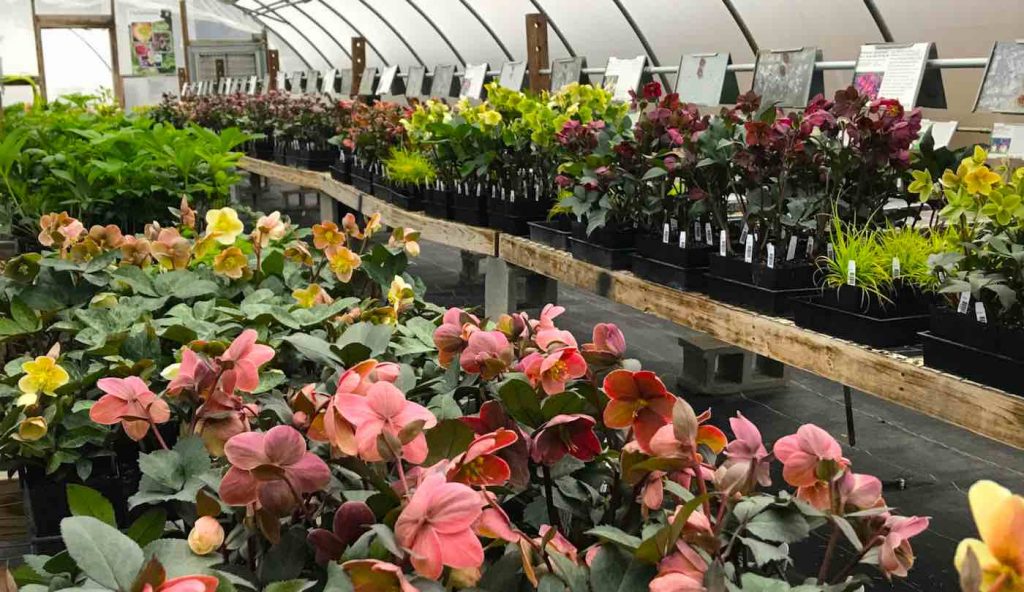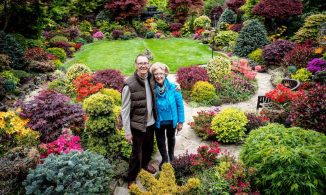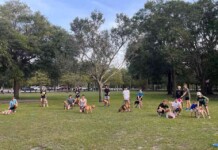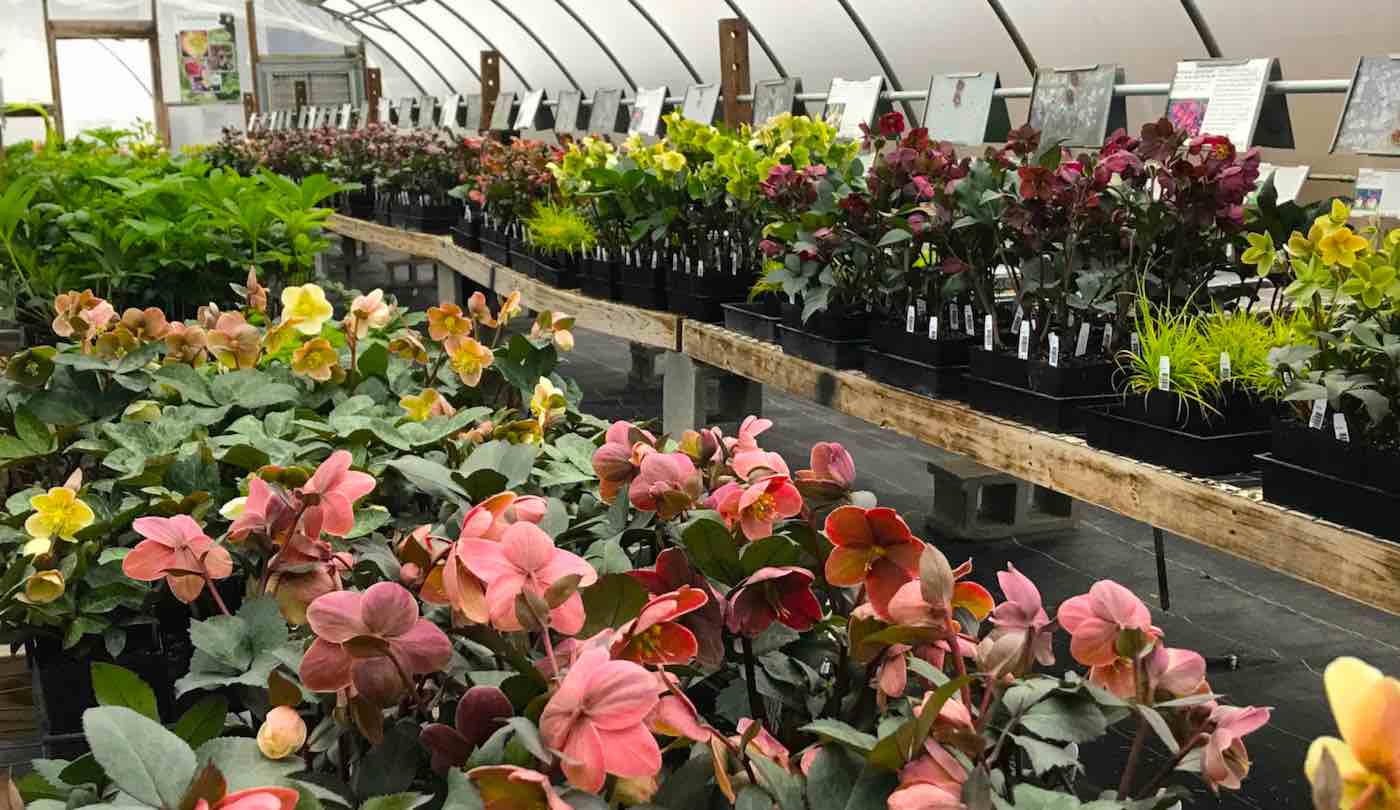Gardening businesses have been booming during the coronavirus lockdowns, and nurseries have busily tried to keep up with the unexpected—and unprecedented—demand.
Tending plants has always been one of the world’s most popular hobbies, but no one was prepared for this surge in gardening—and nurseries are still propagating as fast as they can to keep up.
The renown seed company Burpee sold more seed packets this spring than at any time during its 144-year history, according to Reuters. Britain’s Royal Horticultural Society has seen a five-fold rise in queries for gardening advice on its website during the lockdown.
Even sales of houseplants are up, as people look for ways to brighten their days in lockdown.
People are taking time to reconnect with the earth, and an added bonus arrives for the climate every time a plant goes into the ground because it pulls out carbon dioxide from the atmosphere.
“I believe the bulk of the boom is coming from existing gardeners,” said avid plantsman, Tony Avent, founder and proprietor of Juniper Level Botanic Garden and Plant Delights Nursery in Raleigh, North Carolina. “However, at our open houses, we see a tremendous number of younger people, generations X, Y, and Z. They’re learning to garden more sustainably.”
Gardening in the Summer
Many people also think you cannot plant in the summer, which is simply not true.
“Summer is an incredible time in the garden, adds Avent. “Many plants don’t emerge until mid-June or early July, and all the tropical-looking plants are at their peak in the summer months—the cannas, the elephant ears, and lilies—so we see a peak in sales of tropical-looking plants in the summer.”

Depending on the zone you live in, many vegetables and herbs can still be planted in July—from Brussels sprouts, beets and broccoli in zones 6-7 to corn and cucumbers, okra and onions, in zones 8-10.
RELATED: Trailblazing Gardener Discovers How to Grow Vegetables in Winter—Now He’s Helping Others Do It Too
“The establishment time for a plant is so much faster in the summer months, and the watering time for new plants is much shorter,” explains Avent. “If you plant in the winter, you can get by with infrequent waterings, but if you plant in summer, you need to water every day. But the tradeoff is that you only have to water for a week or so before the plant is fully established.”
Pollinators are also more active in the summer months and can be a gardener’s good friend; native bees, honeybees, butterflies, but also wasps.
Avent says wasps are actually predators of many beetles, so you want them in your garden. Instead of “getting caught up in spraying every time you see an insect,” like generations did in the 50s and 60s, remember that gardens are naturally balanced systems that can take care of pests as long as your plants aren’t stressed—and not all bugs are bad.
To see how gardening is done by professionals and get inspiration for your own yards, visit a park or local botanical garden this summer.

Public gardens like Avents’ nonprofit Juniper Level Botanic Garden in Raleigh have COVID-19 restrictions, but some are still open. A gift to NC State University, the grounds will be open for public viewing two weekends this summer: July 10-12 and 17-19.
“Nature is fascinating, and there is no more active time than summer. Everything is fully at work.”
ALSO: As Weather Gets Warmer, Here Are 6 Tips to Save Water on Your Lawn and Gardens
SHOW Your Love of Gardening By Sharing This Story on Social Media…




















